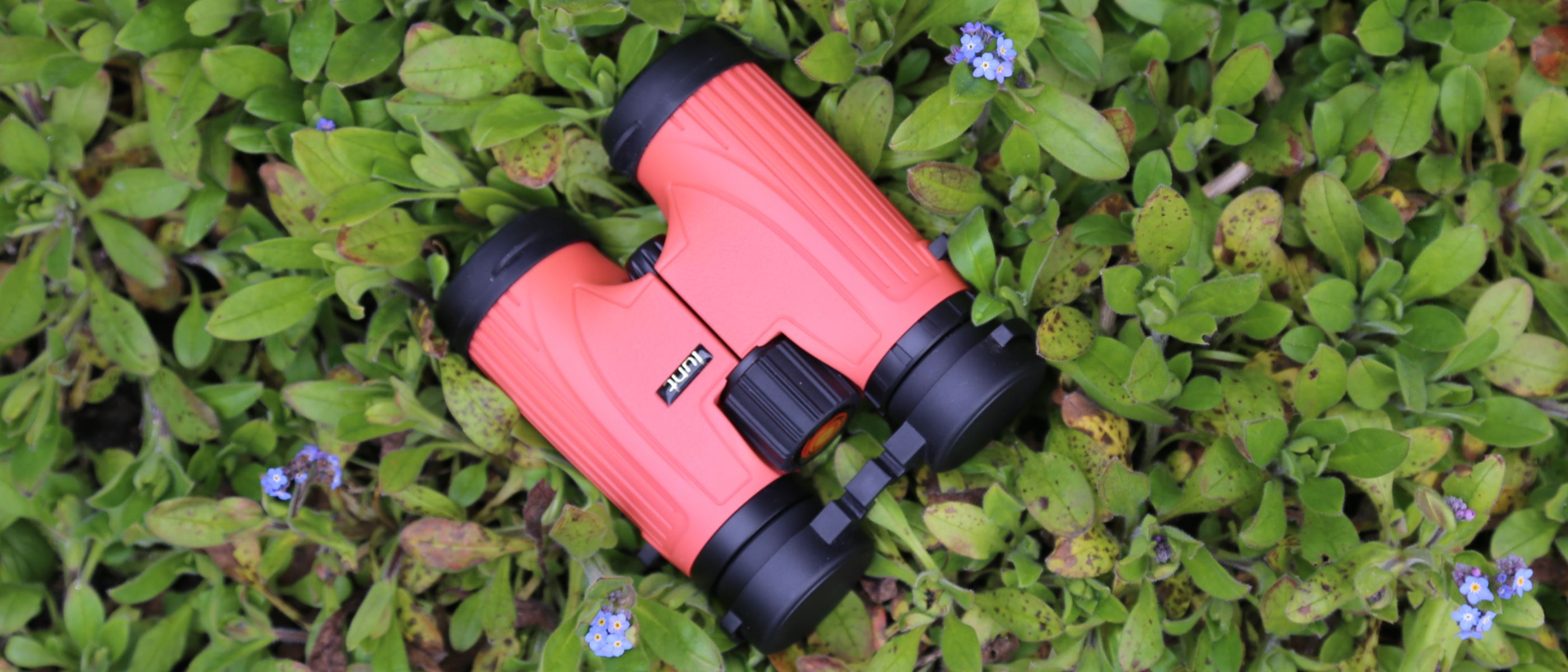A Russian 'space truck' just burst into flames on purpose and the photo is amazing

A Russian "space truck" has met its fiery doom on its way home to Earth.
The cargo ship Progress MS-15 from Roscosmos, the Russian Space Agency, broke apart as it burned up in Earth's atmosphere after undocking from the International Space Station yesterday (Feb. 8). The astronauts living on the space station watched the craft's fiery demise from above and shared the experience on social media.
"Farewell, Progress 76P MS-15! #Russian cargo spacecraft undocked from #ISS, and successfully burned up," JAXA astronaut Soichi Noguchi tweeted along with a photo taken from the space station, showing the cargo craft burning up in Earth's atmosphere below.
Related: Russia's Progress cargo ship explained
Farewell, Progress 76P MS-15! #Russian cargo spacecraft undocked from #ISS, and successfully burned up. #ロシア プログレス宇宙船、役目を終えて大気圏突入時の夜空に燃え尽きる瞬間を見事に捉えました!#はやぶさ 思い出すと泣けます。。。 pic.twitter.com/2OLMrlmAKOFebruary 9, 2021
Roscosmos launched Progress MS-15 (also known as Progress 76) to the space station July 23, 2020 from the Baikonur Cosmodrome in Kazakhstan. Docking with the station just 3 hours 18 minutes and 31 seconds after launch, the craft arrived in record time, according to Roscosmos. This was a routine cargo delivery, carrying over 2.5 tons of cargo to the station. Cargo missions like this deliver food and other astronaut supplies in addition to scientific equipment and experiments to the space station.
In saying farewell to the craft, Roscosmos cosmonaut Ivan Vagner, who returned to Earth last year on Oct. 22, shared some photos on Twitter of the craft arriving to the space station this past summer. "The #ProgressMS15 cargo spacecraft undocked from the International @Space_Station at 08:21 Moscow time. Most recently, on July 23, 2020, we received it on board the #ISS. Today I want to share with you the photos taken during the docking," he wrote.
The #ProgressMS15 cargo spacecraft undocked from the International @Space_Station at 08:21 Moscow time. Most recently, on July 23, 2020, we received it on board the #ISS. Today I want to share with you the photos taken during the docking. pic.twitter.com/BvJuH2cUg6February 9, 2021
The cargo ship spent about seven months in space attached to the space station. Yesterday, MS-15 detached from the station, traveled away from the station, got close enough to be pulled out of near-Earth orbit and burned up in our planet's atmosphere, a maneuver that was intentional and went as planned.
Get the Space.com Newsletter
Breaking space news, the latest updates on rocket launches, skywatching events and more!
"After preparations for undocking were completed, a command was issued to open the Progress MS-15 spacecraft hooks; it was undocked from the station and sent away. After the spacecraft was withdrawn to a safe distance from the station, the specialists of the TsNIIMash Mission Control Center (MCC, part of Roscosmos) began the controlled deorbit of the spacecraft," Roscosmos said in a statement.
The non-combustible components of the craft landing and sinking into a "non-navigable region of the South Pacific," Roscosmos said in another statement.
"Non-combustible structure elements will drop in the calculated area of the non-navigable region of the Pacific Ocean. The estimated fragments drop area is approximately 1,680 km east of Wellington (New Zealand). Roscosmos has completed all the necessary procedures to flag this area as temporarily dangerous for sea navigation and aircraft flights," the agency wrote.
The next "space truck" to deliver supplies from Russia to the space station will be Progress MS-16, a cargo spacecraft that will deliver 2.5 tons of cargo on Feb. 17. Roscosmos cosmonauts Sergey Ryzhikov and Sergey Kud-Sverchkov are preparing for the anticipated arrival.
Email Chelsea Gohd at cgohd@space.com or follow her on Twitter @chelsea_gohd. Follow us on Twitter @Spacedotcom and on Facebook
Join our Space Forums to keep talking space on the latest missions, night sky and more! And if you have a news tip, correction or comment, let us know at: community@space.com.

Chelsea “Foxanne” Gohd joined Space.com in 2018 and is now a Senior Writer, writing about everything from climate change to planetary science and human spaceflight in both articles and on-camera in videos. With a degree in Public Health and biological sciences, Chelsea has written and worked for institutions including the American Museum of Natural History, Scientific American, Discover Magazine Blog, Astronomy Magazine and Live Science. When not writing, editing or filming something space-y, Chelsea "Foxanne" Gohd is writing music and performing as Foxanne, even launching a song to space in 2021 with Inspiration4. You can follow her on Twitter @chelsea_gohd and @foxannemusic.










